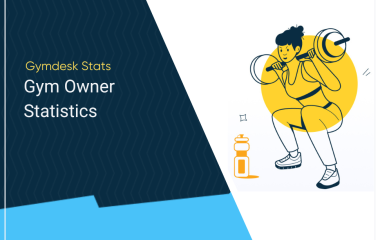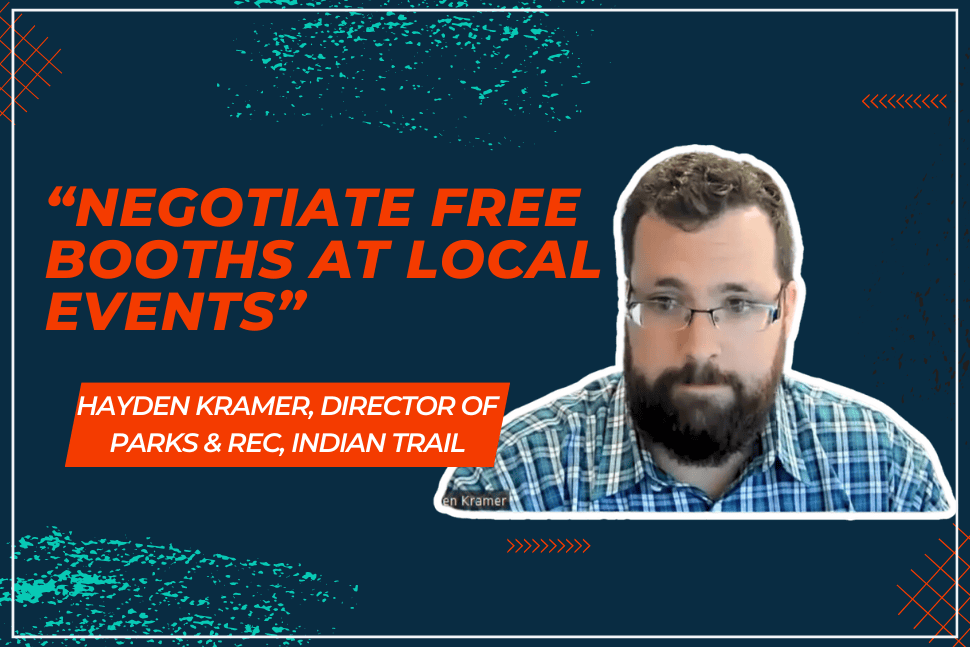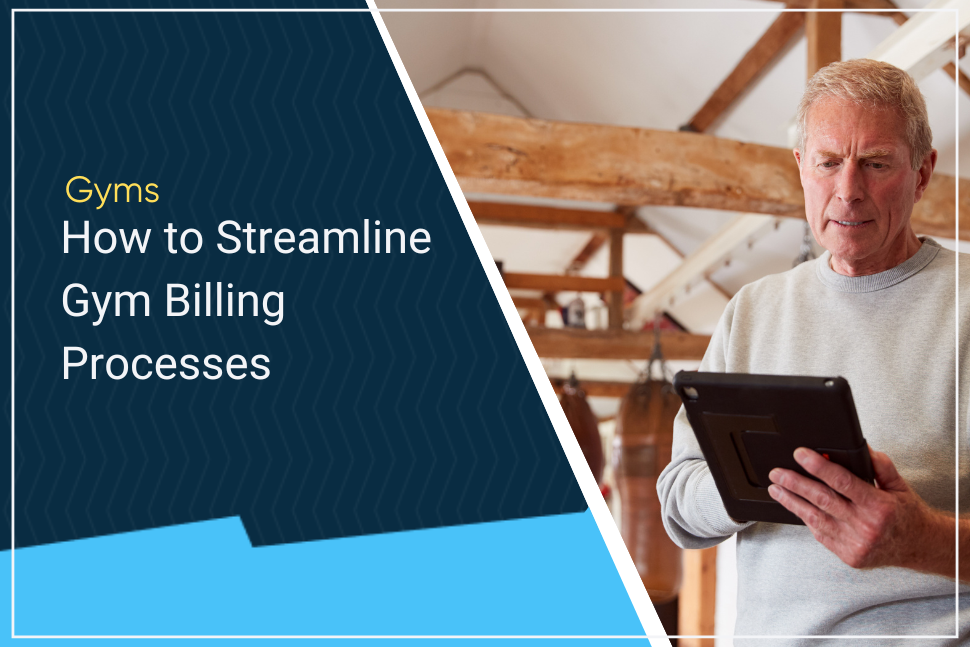Our hero today is Hayden Kramer, a networking expert who has applied his lifelong work in government to helping martial arts and fitness businesses grow with unique, low-cost marketing strategies. Today, Hayden reveals to us how he was able to negotiate lower cost or totally free booths at local events for the purpose of marketing a martial arts school that we both used to work at. And he gives us several tips on how to maximize the effectiveness of these booths.
Understand the Importance of Sales Skills in Martial Arts
Martial arts instructors often shy away from embracing sales, preferring to focus on their teaching. However, developing sales skills is critical to the growth of their businesses. The key is understanding potential students’ needs and communicating how martial arts can meet those needs effectively. This involves active listening and tailoring solutions to each individual, transforming prospects into committed students.
Generate Leads: Community Outreach and Digital Tools
Community Engagement
One of the most effective ways to generate leads is through community outreach events. These events provide an excellent platform to introduce your martial arts or fitness business to a broader audience. However, simply showing up isn’t enough. To truly capitalize on these opportunities, you need to actively collect leads using both traditional and digital methods.
Digital Collection
Using digital tools like iPads can streamline the process, reducing errors that often accompany handwritten information. Digital tools are not only efficient but also portray a tech-savvy and modern image of your business. By ensuring you capture accurate contact information, you set yourself up for successful follow-ups.
Effective Follow-Up Strategies
Personalized Follow-Ups
Once you’ve collected leads, the next step is to follow up effectively. Personalized follow-up emails can make a substantial difference. These emails should reference your initial meeting and set clear expectations for the next steps, whether it’s registering for classes or expecting a follow-up call.
Addressing Objections
Be proactive in addressing common objections in your follow-ups. For instance, if prospects mention needing to discuss with family members before committing, offer family passes or introductory lessons that include the entire family. This approach not only addresses their concerns but also showcases your business’s flexibility and family-oriented culture.
Calls, Emails, and Texts
Persistence is key. Utilize a mix of calls, emails, and texts to connect with leads. Vary the times you reach out to increase the chances of making contact. If there’s no response within a week or so, categorize these leads as cold and follow up quarterly.
Creating Lasting First Impressions
The first impression can significantly influence a prospect’s decision. Small personalized touches, such as naming uniforms, can make new visitors feel important. When engaging with children, who often influence their parents’ decisions, direct interactions can be particularly impactful.
Long-Term Engagement: Build Relationships with Cold Leads
Maintaining a relationship with potential clients is crucial, even if they don’t respond immediately. Regularly re-engaging with cold leads through newsletters or updates can revive interest. Ensuring that classes are enjoyable and engaging for children is essential, as they often sway their parents’ decisions on where to invest time and money.
Negotiate Free Event Booths: A Strategic Approach
Negotiating free or reduced-cost booths at local events is an art. Here are some practical strategies:
Providing Value to Event Organizers
Understand the needs of event organizers and offer to fill gaps, such as enhancing children’s zones. Offering activities like board breaking and mini-lessons can add value to their events without them incurring costs. This exchange can be a compelling negotiating point.
Cross-Marketing with Event Organizers
Maintaining regular communication with event organizers and offering additional services during their events can establish a strong partnership. Providing free services during events, like summer camps, can lead to repeat invitations and solidify these relationships.
Hosting Engaging Activities
Contests, Raffles, and Demonstrations
Hosting engaging activities like contests or raffles can create personal interactions and attract new students. Demonstrations and interactive activities like board breaking not only entertain but also provide a hands-on experience of what your business offers.
Strategic Booth Placement and Staffing
Strategic placement of your booth at events can enhance visibility. Ensure your booth is staffed with knowledgeable and engaging personnel who can interact meaningfully with attendees.
Capture and Follow Up on Leads
Collecting Contact Information
Offer valuable content in exchange for contact information. A PDF guide on managing stress through martial arts, for instance, can be appealing. Once you have their details, strike while the iron is hot by scheduling follow-up lessons during moments of excitement or interest.
Tailoring Communication
Based on initial interactions, tailor your follow-up communication to address specific concerns or interests parents may have about their children’s needs. This personalized approach can significantly enhance engagement.
Enhancing Customer Experience
The customer experience within your dojo or gym is paramount once a prospect commits. Celebrate milestones and achievements of students, such as earning belts, to enhance loyalty. Personalized touches like sending cards for long-term attendance or a small pro shop credit can foster a sense of community and appreciation.
Broader Marketing Strategies: Collaborations and Giveaways
Co-Branding with Local Businesses
Consider co-branding initiatives, like partnering with local pizza vendors to offer coupons on pizza boxes. This not only introduces your business to new families but also creates a mutually beneficial relationship with local businesses.
School Collaborations
Collaborating with Parent Teacher Organizations (PTOs) and Parent Teacher Associations (PTAs) can be a powerful strategy. Providing referral codes to these organizations and offering donation checks for new sign-ups can introduce your business to entire school communities.
Celebratory Events
Hosting events like “Bring a Buddy Day” with promotional t-shirts can enhance visibility and community engagement. These events provide a low-barrier way for prospects to experience your classes and culture.
Conclusion
By embracing these practical and meticulous strategies—ranging from effective lead generation and follow-up to meaningful community collaborations—you can significantly boost your martial arts or fitness business. Key insights from the discussion with Hayden Kramer underscore the importance of customer engagement, relationship building, and strategic marketing in thriving amidst competitive and uncertain environments.
 Gym Owner Statistics: The State of Gyms, Member Trends, and Usage Data
Gym Owner Statistics: The State of Gyms, Member Trends, and Usage Data



